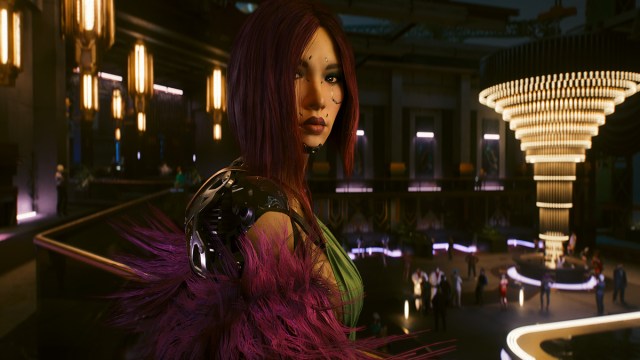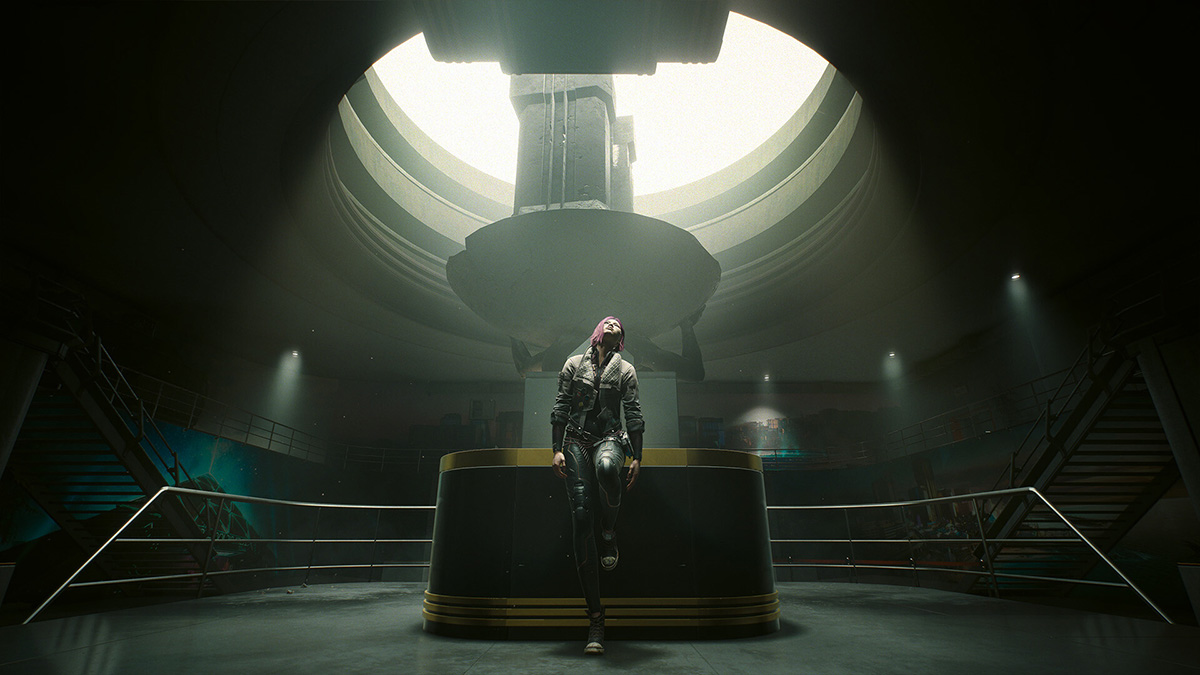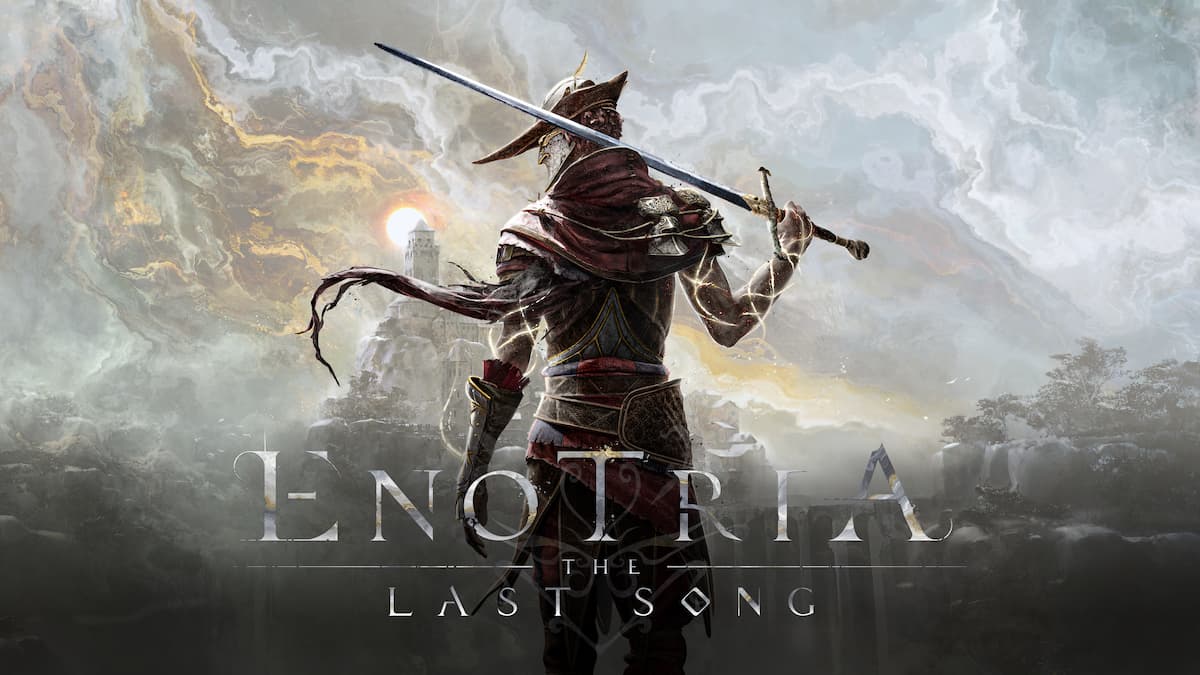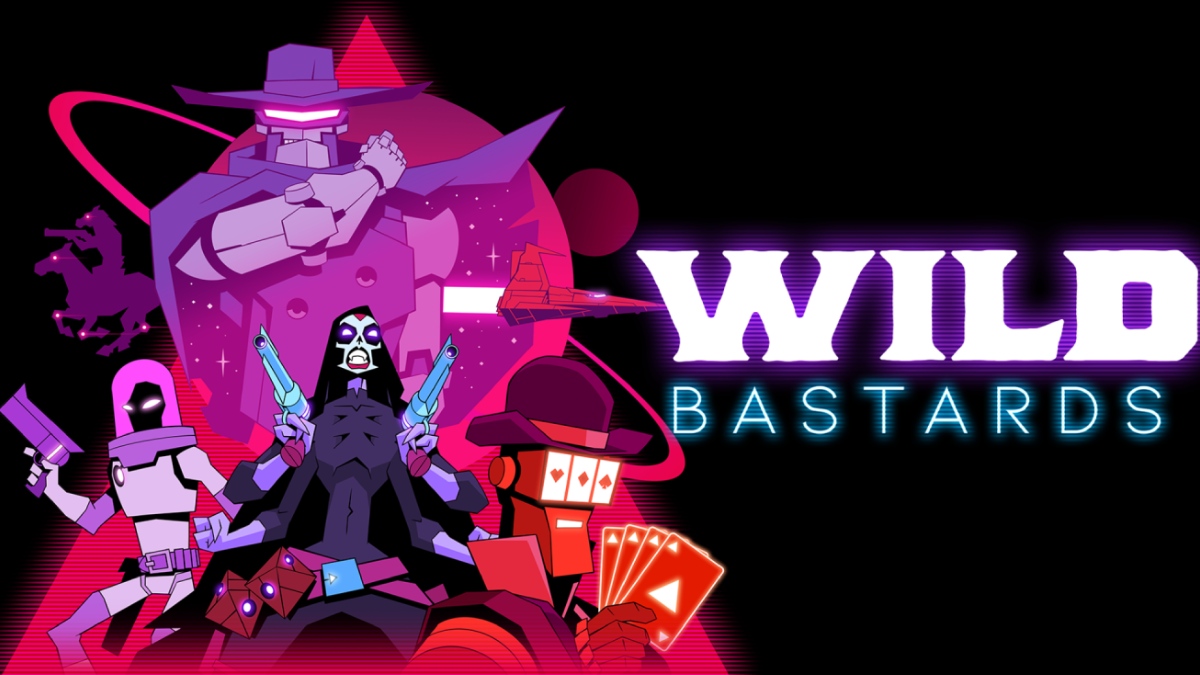Cyberpunk 2077 has had a rough go of it. But now, almost three years after its initial release, the Phantom Liberty expansion acts as a capstone to that long and arduous journey. Taking place almost entirely in the newly opened Night City district of Dogtown, the DLC introduces new characters, locations, mechanics, and more. That’s on top of all the overhauls that came with the massive 2.0 update, which brought much-needed updates to systems across the base game. Phantom Liberty is Cyberpunk 2077 at its best, despite some smaller issues getting in the way.
Cyberpunk 2077: Phantom Liberty Review — Finally Chippin’ In

The district of Dogtown, new in Phantom Liberty, takes the rundown aesthetic of Pacifica and turns it up to 11. A slum within a slum, Dogtown is also a miniature military state run by a former soldier turned dictator named Kurt Hansen. He claimed the district as his own, locking it down from the rest of the world. From its citizens, he’s built a security force. From its streets, he’s built a place where the poorest of the poor live in relative security, if not safety.
Nothing is easy in Dogtown. The Barghests — Hansen’s personal police force — are as likely to beat you to death as protect you. Then, when the President’s plane is shot down over the district, they’re the first ones on the scene. Oddly, however, they’re rarely the main antagonists you’ll face during Phatnom Liberty. Instead, your usual enemies are members of the various factions vying to either survive or intrude on Dogtown.
Dogtown is only about a kilometer long within Night City’s five-kilometer square. But there’s a metric ton of content and detail packed into that small space. There are two full sets of vendors, new activities and Gigs unique to Dogtown, and tons of ways to make your mark as a Merc in Night City. Almost all of the DLC story and other main missions take place entirely within the district. Only a few sojourns into the wider Night City. As compact as Dogtown is, I was consistently impressed by how well the story used the space.
Grand Performances
Phantom Liberty begins near the end of the base Cyberpunk 2077 campaign, following your time in Night’s City’s Pacifica district. You get a call from a mysterious woman calling herself Songbird. She then somehow invades the Relic in your head, puts Johnny Silverhand in timeout, and promises that she can get you the help you need to survive. The rest of the expansion is a rollercoaster of intrigue, espionage, action, betrayal, and shady dealings. And it all culminates in one of several possible endings that tug at the heartstrings.
Phantom Liberty‘s story is carried in large part by the tremendous performances of Keanu Reeves, Idris Elba, and Minji Chang as Johnny Silverhand, Solomon Reed, and Songbird, respectively. All three brought their S-game to this one, showing nuance, emotion, and power in their roles. Elba’s performance is of the quality you expect from the veteran actor. However, like the rest of the cast, he went all-in on his role of a tortured but still undyingly loyal government agent.
For her part, Ms. Chang absolutely kills it as Songbird, a netrunner of unparalleled skill with a past as dark as any Night City can provide. Phantom Liberty is ultimately a tragedy with Songbird at its center. Thing is, almost no one else comes out happy either, except — predictably — those in positions of power.
What’s Old is New Again

One of the questions I had going into Cyberpunk 2077: Phantom Liberty was, “Will this revolutionize the game, or will it offer the best version of what we already had?”. For better or worse, the answer was the latter. Phantom Liberty and the 2.0 update that released alongside it do little to change the core of Cyberpunk. While there are new and fun ways to engage with Night City and its inhabitants, you’ll be disappointed if you want a more living world without a distinct endpoint.
That said, I recommend starting a new playthrough before diving into the expansion. There have been so many changes to what is here that it’s more than worth seeing it all from the beginning again.
One of the biggest changes is how you build your character. The game’s five main skill trees have received a top-down overhaul. They transform even the least effective options from previous versions into absolute powerhouses. I went with a Cool build for my playthrough, and let me tell you, one-shotting bosses from stealth with a silenced pistol is great fun. Combined with a few points in Body for in-combat healing and some Intelligence for supplemental quick hack damage and crowd control — chef’s kiss.
Another notable change is how the weapon upgrade system works. Weapons no longer have levels. Instead, they have tiers from 1-5 that determine their effectiveness. Enemies also lack discernable levels. They’re now categorized into three types based on the number of health bars they have. Standard mooks have one, elites have two, and mini-bosses have three plus a skull over their heads. Boss enemies still get top-of-screen health bars, and there are a lot of them in Phantom Liberty.
There are also tons of new Iconic weapons. Some of them are locked behind specific story beats, and others are outright purchasable for a massive fee. Most weapons also have specific names now rather than going by a brand designation. That helps in knowing what you’re picking up from all the enemies you’ll put down.
I didn’t experience as much of some of the other significant updates — police chases and vehicle combat, specifically — but I wasn’t going out of my way to look for them. What I noticed, and am incredibly happy about, is the side mission that sees you stealing cars for one of Night City’s many Fixers. It’s not as simple as taking the vehicle, either. Depending on where you find it, you’ll be chased by everyone from lowly scavs to heavily armed corpos. The rewards for boosting are well worth it, though I wish the cars handled better.
Cyberpunk 2077 Phantom Liberty Review — The Bottom Line

Pros
- The best characters in the game
- A fantastic soundtrack that ranks as one of the best in the last five years
- Gameplay overhauls that improve almost every aspect of the experience
Cons
- It does little to change the core game’s faults
- Smaller than expected
- The cars still have terrible handling
There are tons of smaller details worth mentioning in Cyberpunk 2077: Phantom Liberty, from the fact you can now pet the cats that inhabit Night City to the addition of new base game gigs. More notable ones include the new music. The expansion’s soundtrack is probably the best selection of tracks in the game. Much of the music that plays during its finales placing near the top of my modern soundtrack list. Sure, there are sad moments in Phantom Liberty. But with the music playing, I had to steel myself or break down entirely.
That the various endings lock you out of specific weapons and gear pieces is also both a welcome and annoying change. I would have loved to use some of the gear I got in one ending anywhere else in Night City. The gunplay itself isn’t much improved, but the mod system is. Now both your cyberware and weapon mods make more sense across the board. However, nothing helps the bullet spread on some weapons, making them essentially unusable.
All in all, I was very impressed by both Phantom Liberty and the 2.0 update to Cyberpunk 2077. Do they revolutionize the game or make it the second coming of heaven we all expected back in 2020? No, not even close. Are they going to change people’s minds about the game? Absolutely not. But if you enjoyed the base game even a little bit, I can wholeheartedly recommend Phantom Liberty‘s pricetag. This is Cyberpunk 2077 at its absolute best, despite everything else stacked against it.
[Note: CD Projekt Red provided the PC copy of Phantom Liberty used for this review.]










Published: Sep 20, 2023 11:00 am